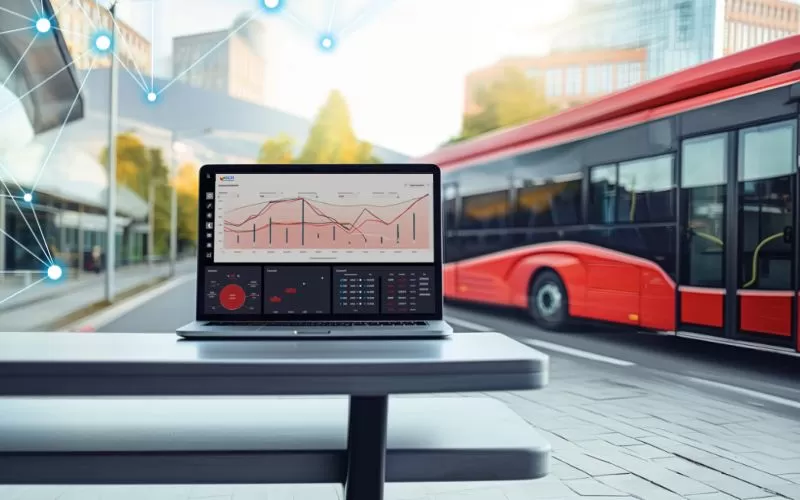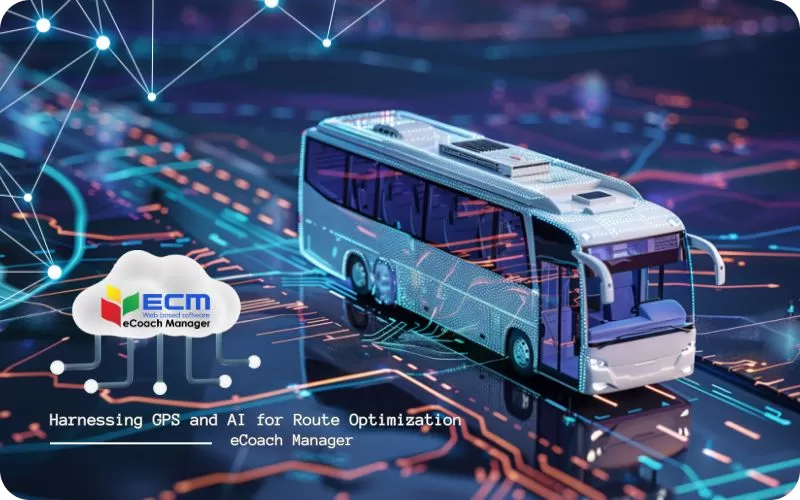Effective transport management is critical in shaping sustainable and efficient systems in the rapidly evolving world of logistics and transportation. As we move towards more integrated and technologically advanced transport solutions, understanding the strategic innovations in transport management can significantly enhance operational efficiencies and drive economic growth. Here, we explore various innovative strategies revolutionising transport management, each crucial for the sustainability and efficacy of modern logistics networks.
The Critical Role of Advanced Transport Management Systems
Transport management transcends the simple movement of goods from point A to point B. It involves sophisticated strategies and technologies to optimise transport operations’ efficiency, reduce costs, and improve service delivery. Effective transport management ensures that transportation resources are used optimally, crucial for business logistics, urban planning, and environmental sustainability.
Enhancing Connectivity through Technology
One of the most significant trends in transport management is technology integration. Intelligent technologies such as GPS tracking, IoT connectivity, and AI-powered analytics transform traditional transport systems into dynamic, efficient networks. These technologies enhance route planning and fleet management and provide real-time data that supports strategic decision-making and proactive management of transport operations.
Leveraging Big Data and AI
Data is the cornerstone of modern transport management. Leveraging big data analytics and artificial intelligence, transport managers can optimise operations to an unprecedented degree. AI algorithms predict traffic patterns, automate routing and scheduling, and ensure precision in logistics operations. This integration of AI continues to push the boundaries of efficiency and reliability that transport management can achieve.

Embracing Sustainability in Transport Management
Amid increasing environmental concerns, sustainable transport management practices are more crucial than ever. Implementing green initiatives such as electrifying fleet vehicles, optimising routes to minimise fuel consumption, and adopting alternative fuels are essential. These practices help reduce the environmental impact and optimise operational costs over time.
The Impact of Regulatory Standards
Navigating the complexities of regulatory standards is a significant aspect of sustainable transport management. Compliance with global and local environmental regulations ensures legal operations and promotes sustainability. This adherence can often lead to innovations in transport strategies that benefit the planet and the company’s bottom line.
The Strategic Advantage of Data-Driven Decisions
Data analytics is revolutionising transport management by providing previously inaccessible insights. Through comprehensive data analysis, transport managers can predict trends, optimise routes, enhance service reliability, and make informed decisions that align closely with business objectives. This proactive approach helps reduce delays, minimise costs, and boost customer satisfaction.
Real-Time Data Utilization
Real-time data in transport management allows for unprecedented responsiveness to changing conditions. Whether adjusting to sudden traffic changes, weather conditions, or operational demands, real-time data ensures that transport managers can swiftly adapt and maintain efficiency and service reliability.
Overcoming Challenges in Modern Transport Management
Despite advancements, transport management faces challenges, such as adapting to regulatory changes, coping with economic fluctuations, and needing skilled personnel. Addressing these challenges requires continuous innovation, adaptability, and strategic foresight.

The Skills Gap in Transport Logistics
As technology evolves, there is a growing need for skilled professionals to manage sophisticated transport management systems. Bridging this skills gap with targeted training programs and strategic hiring practices is essential for maintaining the competitiveness and efficiency of transport operations.
FAQs on Transport Management
What is transport management?
Transport management refers to the planning, executing, and optimising of the physical movement of goods. It is a critical aspect of supply chain management, involving the administration of transportation operations to ensure goods are delivered efficiently and cost-effectively.

How do technological advancements impact transport management?
Technological advancements like AI, IoT, and real-time data analytics significantly enhance the efficiency of transport management systems by providing deeper insights into logistics operations, improving route planning, and ensuring timely delivery of goods.
What are the environmental benefits of effective transport management?
Effective transport management helps reduce fuel consumption, lower emissions, and promote the use of environmentally friendly vehicles. It plays a pivotal role in achieving sustainability goals within the logistics sector.
Can transport management systems reduce operational costs?
Transport management systems can significantly reduce operational costs by optimising route planning, improving fleet management, and reducing idle times and fuel consumption. These systems enhance logistical efficiencies and contribute to overall cost savings.
What are the critical components of a successful transport management strategy?
A successful transport management strategy includes comprehensive route planning, efficient fleet management, technology adoption, data-driven decision-making, and a focus on sustainability and compliance with regulatory standards.
Are you ready to elevate your transport operations? Discover how eCoachManager can streamline transport management with cutting-edge solutions tailored to your needs. Visit eCoachManager today to learn more about our innovative transport management systems and how we can help you optimise your transport logistics for the future.
